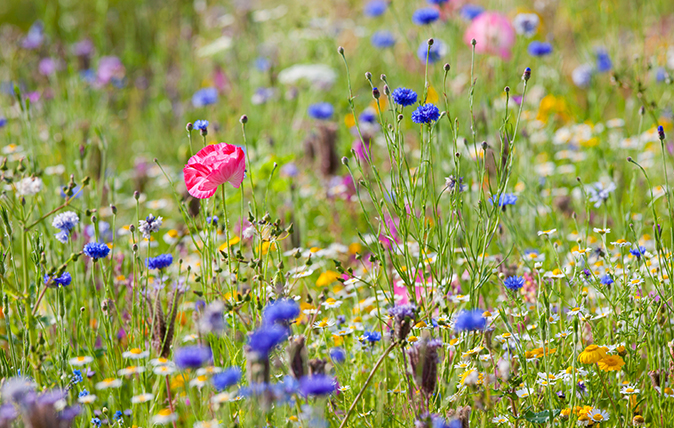Ian Morton picks out his nine favourite snails from the many you can spot in the average British garden.
How many snails do you think there are in your garden — a dozen maybe? Twenty?
If you were thinking of those sorts of numbers, you’re not even closer: there are several thousand gastropods lurking in the average British garden.
Although the common brown snail lurks in every corner, Britain has some 120 other varieties and anyone who nurtures shrubs will be familiar with other common species. There is the smaller and more brightly coloured Cepaea nemoralis, brown-lipped or white-lipped, and with a variety of attractive stripes: cream and red-brown, yellow and brown, whitish and pale blue. You might also have seen the girdled snail, Hygromia cinctella, in pale brown with white rings.
The number of species in the UK is dwarfed worldwide. Some 40,000 species of land snail are recognised, from the African Giant — which is 16 inches long and weighs 2lb — to the recently-discovered Angustopila dominikaem, a snail with a shell measuring 0.03 of an inch, recently spotted in the Guangxi Province of China.
Gastropod investigation is unrelenting, and complex far beyond the ken of the typical horticulturist. For aspiring snail-spotters, though, here are nine of the best species to watch out for.
The Country Life guide to the snails of Britain
Edible snail
Helix pomatia
Also known as the Roman Burgundy and escargot — the closely related Helix aspera and Helix lucorum may also be eaten.

Great ram’s horn
Planorbarious corneus
Largest of a pond group, the shells of which take their name from male ovine headgear.

Lapidary snail
Helicigona lapicid
Flat, discus-like grey-brown shell, reddish spots and a prominent keel edge.

Tiger orange track netite
Vittina semiconica
Ideal for a home aquarium, an eye-catching algae feeder harmless to fish and plants.

Rotund snail
Discus rotundatus
Rounded, with flat-coiled and deeply ridged reddish-brown shell.

Garden snail
Cornu asperum
Patchy-camouflage shelled largest and most common, abhorred by gardeners but sought-after by songbirds.

Smooth glass snail
Aegopinella nitidula
One of six small, flat and fragile ‘glass’ varieties with shells whorled like ammonite fossils.

White-lipped snail
Capaea hortensis
Another banded and decorative variety; expert observation is necessary to differentiate from close relatives.

Brown-lipped snail
Capaea nemoralis
Also called grove, small with rich brown, yellow or white bands, found on shrubby plants and hardly destructive.


A simple guide to identifying British moths
They might not be considered as beguiling and romantic as butterflies, but we should look at moths in a new

A simple guide to identifying British trees
Simon Lester goes out on a limb to identify species and stop us barking up the wrong tree.

A simple guide to the seaweed of Britain
Naturalist John Wright explains what to look for when you come across seaweed on Britain's beaches this summer.

A simple guide to the wildflowers of Britain
At long last Spring seems to be here — and with it, the natural flora that give so much pleasure.




